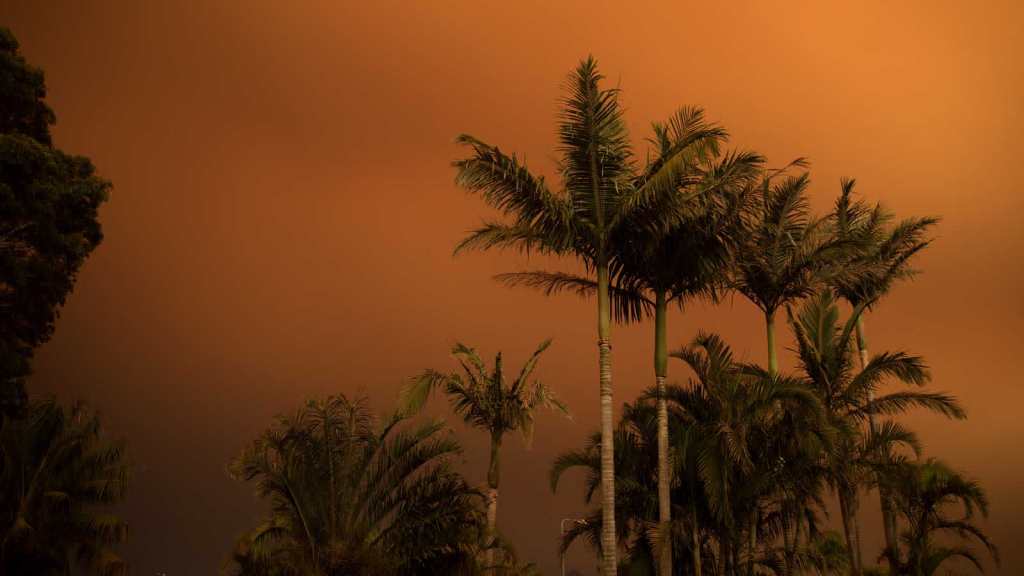Australia is suffering through its worst bushfire crisis on record. There’s no need to repeat the horrifying numbers once more. We know it’s unprecedented. We know it’s bad. We know there’s more to come, given Australia is at the start of its summer season.
Residents across the east coast of Australia have been evacuated and redirected to temporary housing, but it’s important to take precautions when returning home. After a fire, the potential risks still linger. “Houses, sheds and other buildings or structures burnt in a bushfire can leave potential health hazards including fallen objects, sharp objects, smouldering coals, damaged electrical wires, leaking gas and weakened walls,” NSW Government warms. Even though the burning has ceased, when you return home after a bush, it’s still important to stay aware of potential health and safety risks.
Here are a few tips recommended by the New South Wales Government.
Look Out for a Hazard Identification Notice
If you see a Hazard Identification Notice on your property, you should first contact the Public Works Advisory. “They will be able to advise on what testing has been undertaken and what you may need to do,” NSW Government shares.
Wear Protective Clothing
When you return to the site, make sure you are wearing adequate protective clothing to do so. Make sure you are prepared and have “sturdy footwear, heavy-duty work gloves, disposable coveralls (with long sleeves and trousers), and P2/N95 face masks.” Keeping in mind that hazardous materials might be lingering, “pack your gloves, coveralls and face mask into a garbage bag” when you leave the property. “Wash your hands after removing contaminated clothing and articles. Clean your shoes before wearing them again.”
Handle Waste With Care
CCA is a preservative “used to treat wood intended for outdoor use, such as telegraph poles and fence palings, in landscaping and in building structures.” When it burns, however, the preservative can dangerous. “By default all wood outdoor wooden structures should be treated as CCA treated. If you don’t know – assume its treated.” For this reason, disturbing and spreading ash around the property should be avoided.
Throw Out All Food
Whether there are perishable or nonperishable foods remaining, it all needs to be thrown out. Fire Damage and heat can affect foods during a fire, even if they are canned or packaged. Similarly, power outages can cause perishable foods to go off, even if they were inside of a refrigerator. For more information, refer to the NSW Food Authority.
Check Your Water and Septic Tanks
During a bush fire, water tanks may become contaminated “from debris and ash or dead animals.” Inspect the water in your tank to see if it looks or smells funny. “If the water tastes, looks or smells unusual do not drink it or give it to animals.”
It is also common for septic tanks to become weakened during a fire, so take care not to walk or drive over yours before inspecting it. “If you suspect your septic tank has been physically damaged, contact a licensed plumber to have it assessed.”







